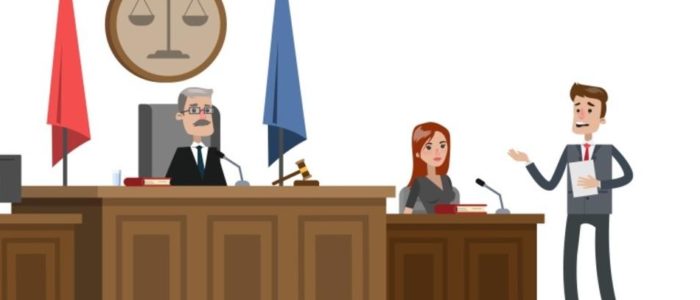Register now for our court interpreting webinars!
AATIA is offering three court interpreting webinars that will enable interpreters licensed by the Texas Judicial Branch Certification Commission (JBCC) to earn up to 8 hours of continuing education credit, including 2 hours of ethics education. Two of the webinars will be held on July 24th and the third on August 7th. Translators certified by the American Translators Association (ATA) will also be able to earn up to 8 continuing education points.
Please visit our webinar page for more information, or click the links below to go directly to the webinar registration websites.
Non-members may join AATIA before registering and pay the discounted member rate. Anyone joining in 2021 will receive 18 months of membership, rather than the usual 12, making this an excellent time to join AATIA!
Interpreting for Probate and Guardianship Hearings
Saturday, July 24, 2021 | 9:30 a.m. – 1 p.m. (CE hours: 3)
This webinar is designed to help participants understand the role of interpreters and translators in probate court and guardianship hearings or when asked to translate wills not written in English. The webinar will explain the legal framework for each court proceeding and the legal and technical terminology that interpreters and translators need to know in order to deliver quality interpretation and translations. Practical interpreting exercises will be offered.
10 Common Ethical Dilemmas Faced by Court Interpreters
Saturday, July 24, 2021 | 2:30 – 4:45 p.m. (CE hours: 2)
This webinar will review the Code of Ethics and Professional Responsibility for licensed court interpreters and analyze how to address ten common situations that court interpreters may face in the course of their duties and how to apply the ethics canons to deal with these situations appropriately.
Forensic Transcriptions and Translations
Saturday, August 7, 2021 | 9:30 a.m. – 1 p.m.
This webinar will provide an opportunity for interpreters and translators to acquire or hone the specialized skills required to produce forensic transcriptions and translations. The legal standard for admittance of a forensic transcription and translation; the required knowledge, skills, and training; and the process and format for producing and certifying the transcript and translation will be explained.


Comments are closed.